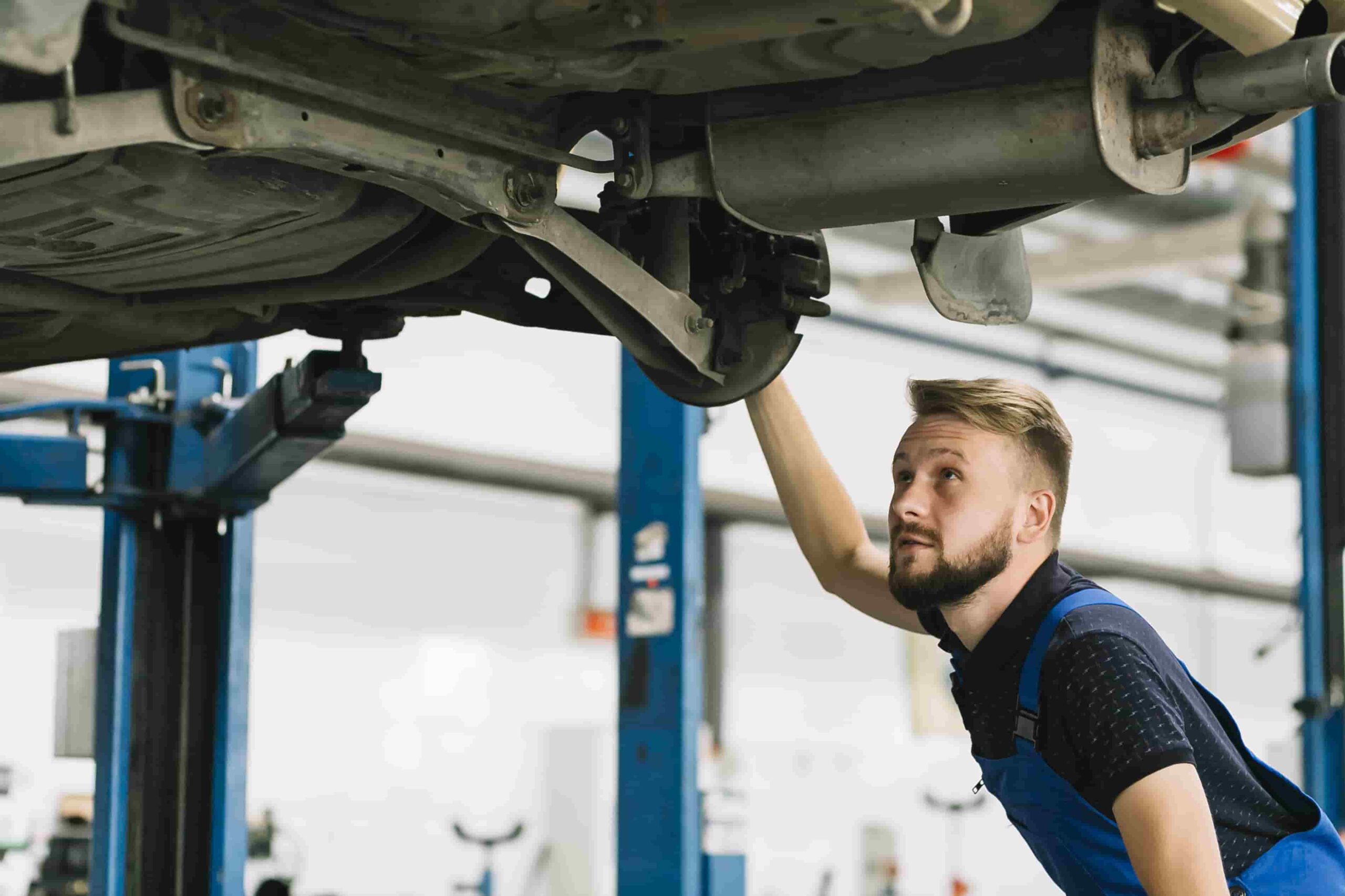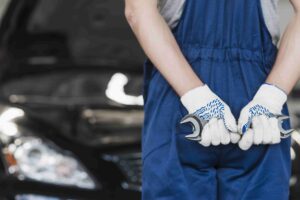
Owning a car is a significant investment, and like any other valuable possession, it requires regular care and attention to keep it running smoothly. Whether you’re a seasoned DIY enthusiast or just looking to take better care of your vehicle, these maintenance tips will help ensure your car stays in top condition and extends its longevity.
Why Maintenance Matters
Regular car maintenance is not just about keeping your vehicle looking good; it’s about ensuring its optimal performance, safety, and longevity. Neglecting maintenance can lead to costly repairs and even accidents. By following a routine maintenance schedule, you can catch potential issues early and keep your car running efficiently. Here’s why maintenance matters:
Vehicle Longevity
Proper maintenance significantly extends the life of your vehicle. Regular oil changes, fluid checks, and timely replacements of worn-out parts prevent major breakdowns and ensure your car runs smoothly for years to come. A well-maintained car can easily surpass the 200,000-mile mark, offering you more value for your investment.
Performance and Efficiency
A car that is well-maintained performs better and is more fuel-efficient. Regular tune-ups, clean filters, and properly inflated tires all contribute to optimal engine performance and fuel economy. This means you’ll spend less on gas and enjoy a smoother driving experience.
Safety
Safety is paramount when it comes to driving. Regular maintenance ensures that critical components like brakes, tires, and lights are in good working condition. This reduces the risk of accidents caused by mechanical failures and keeps you and your passengers safe on the road.
Top 10 Maintenance Tips
Oil Changes
One of the most crucial aspects of car maintenance is regular oil changes. The engine oil lubricates the moving parts of the engine, reducing friction and preventing wear and tear. Over time, engine oil can become contaminated with dirt and debris, reducing its effectiveness. It’s recommended to change the oil every 3,000 to 5,000 miles or as specified by your vehicle’s manufacturer. Regular oil changes ensure that your engine runs smoothly and efficiently.
Tire Care
Tires play a vital role in your car’s performance and safety. Regularly check the tire pressure and ensure it matches the manufacturer’s recommendations. Under-inflated tires can reduce fuel efficiency and cause uneven wear, while over-inflated tires can compromise your car’s handling. Additionally, inspect the tread depth and look for signs of wear and tear. Rotate your tires every 6,000 to 8,000 miles to ensure even wear and extend their lifespan.
Battery Health
A dead battery can leave you stranded, so it’s essential to keep it in good condition. Regularly check the battery terminals for corrosion and clean them if necessary. Test the battery’s voltage periodically to ensure it’s holding a charge. If your battery is more than three years old, consider having it tested by a professional to determine if it needs replacement. Proper battery maintenance ensures reliable starting and prevents unexpected breakdowns.
Brake System
The brake system is critical for your safety, so regular inspection and maintenance are essential. Check the brake pads and rotors for wear and replace them if necessary. Listen for any unusual noises when braking, as this could indicate a problem. Additionally, check the brake fluid level and top it up if needed. If you notice any issues with your brakes, such as a spongy pedal or reduced stopping power, have them inspected by a professional immediately.
Fluid Checks
Fluids play a vital role in your car’s operation, so regular checks are crucial. In addition to engine oil, check the coolant, transmission fluid, brake fluid, and power steering fluid levels. Low fluid levels can lead to overheating, transmission problems, and reduced braking performance. Refer to your owner’s manual for the recommended intervals for fluid checks and top-up or replace fluids as needed.
Filter Replacements
Your car has several filters that need regular replacement to ensure optimal performance. The air filter prevents dirt and debris from entering the engine, while the oil filter keeps contaminants out of the engine oil. Additionally, the fuel filter ensures clean fuel is delivered to the engine. Replace these filters according to the manufacturer’s recommendations to keep your engine running smoothly and efficiently.
Engine Belts and Hoses
Belts and hoses are essential components of your car’s engine, responsible for driving various accessories and ensuring proper cooling. Regularly inspect the belts for signs of wear, such as cracks or fraying, and replace them if necessary. Similarly, check the hoses for leaks or bulges and replace any damaged ones. Timely replacement of belts and hoses prevents breakdowns and ensures the smooth operation of your engine.
Wiper Blades
Clear visibility is crucial for safe driving, especially during adverse weather conditions. Wiper blades should be inspected regularly and replaced if they show signs of wear, such as streaking or skipping. It’s recommended to replace wiper blades every six months to a year, depending on usage and weather conditions. Properly functioning wiper blades ensure clear vision and enhance your safety on the road.
Lights
Proper lighting is essential for visibility and safety, especially when driving at night or in low-light conditions. Regularly check all your car’s lights, including headlights, taillights, brake lights, and turn signals. Replace any burned-out bulbs promptly to ensure you are visible to other drivers and can see the road ahead clearly. Clean the light lenses regularly to remove dirt and grime that can reduce their effectiveness.
Scheduled Maintenance
Following the manufacturer’s recommended maintenance schedule is crucial for keeping your car in top condition. Refer to your owner’s manual for the specific maintenance tasks and intervals recommended for your vehicle. Regularly scheduled maintenance includes tasks such as oil changes, tire rotations, fluid checks, and filter replacements. Staying on top of these tasks ensures that your car runs smoothly and reduces the risk of major breakdowns.
DIY vs. Professional Maintenance
While some maintenance tasks can be done yourself, others require professional expertise. Simple tasks like checking fluid levels, replacing filters, and inspecting belts and hoses can often be done at home with the right tools and knowledge. However, more complex tasks like brake inspections, transmission fluid changes, and engine diagnostics are best left to professionals. Knowing when to DIY and when to seek professional help ensures that your car receives the proper care it needs.
Tools and Resources
Having the right tools and resources is essential for effective car maintenance. Some basic tools every car owner should have include a tire pressure gauge, a socket set, a jack and jack stands, and a funnel for fluid changes. Additionally, there are many online resources available to help you with car maintenance. Websites like YouTube offer tutorials on various maintenance tasks, while forums and online communities provide valuable advice and support from fellow car enthusiasts.
Conclusion
In conclusion, regular car maintenance is essential for keeping your vehicle running smoothly, efficiently, and safely. By following these top 10 maintenance tips, you can extend the life of your car, improve its performance, and ensure your safety on the road. Remember to stay on top of routine maintenance tasks and address any issues promptly to avoid costly repairs down the line. Share this post with fellow car owners to help them keep their vehicles in top condition. Happy driving!



